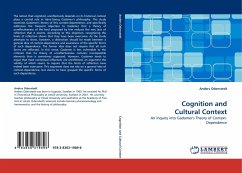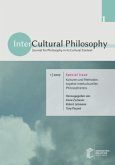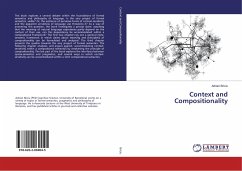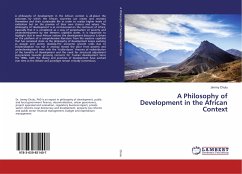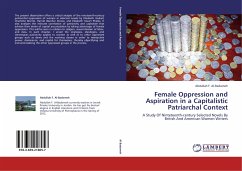The notion that cognition unreflectively depends on its historical context plays a central role in Hans-Georg Gadamer s philosophy. This study examines Gadamer's theory of this context-dependence, and specifically addresses the frequent objection to Gadamer that a theory of unreflectiveness of the kind proposed by him reduces the very lack of reflection that it asserts. According to this objection, recognizing the limits of reflection shows that they have been overcome. As the study attempts to show, however, a distinction should be made bewteen a general idea of context-dependence and awareness of the specific forms of such dependence. The former idea does not require that all such forms are reflected. In this sense, Gadamer is less vulnerable to the criticism that his theory of unreflectiveness contains incompatible elements than is sometimes supposed. However, Gadamer tends to argue that most contextual influences are unreflected, an argument the validity of which seems to require that the limits of reflection have indeed been overcome. This argument does not rely on a general idea of context-dependence, but claims to have grasped the specific forms of such dependence.
Bitte wählen Sie Ihr Anliegen aus.
Rechnungen
Retourenschein anfordern
Bestellstatus
Storno

